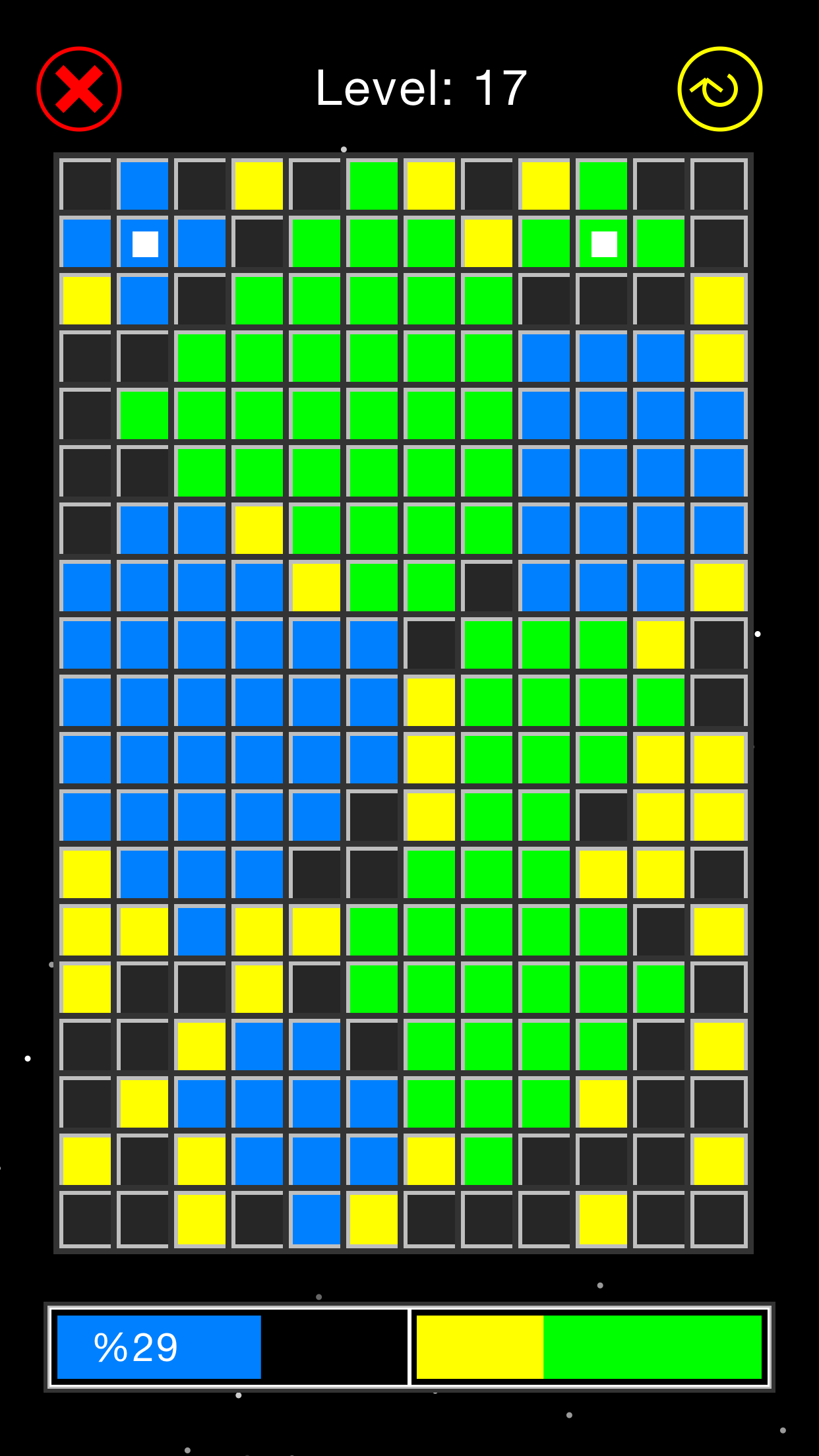“Fushigi”, a decidedly mysterious Japanese word
The word “fushigi” in Japanese, written in Kanji as 不思議, has several related meanings including “strange”, “miraculous”, and “odd”. It can be used as both a noun or a na-adjective. I always like to look at words’ definitions in Japanese to try and get closer to the root meaning. Here is the word’s first definition in… Read More »


